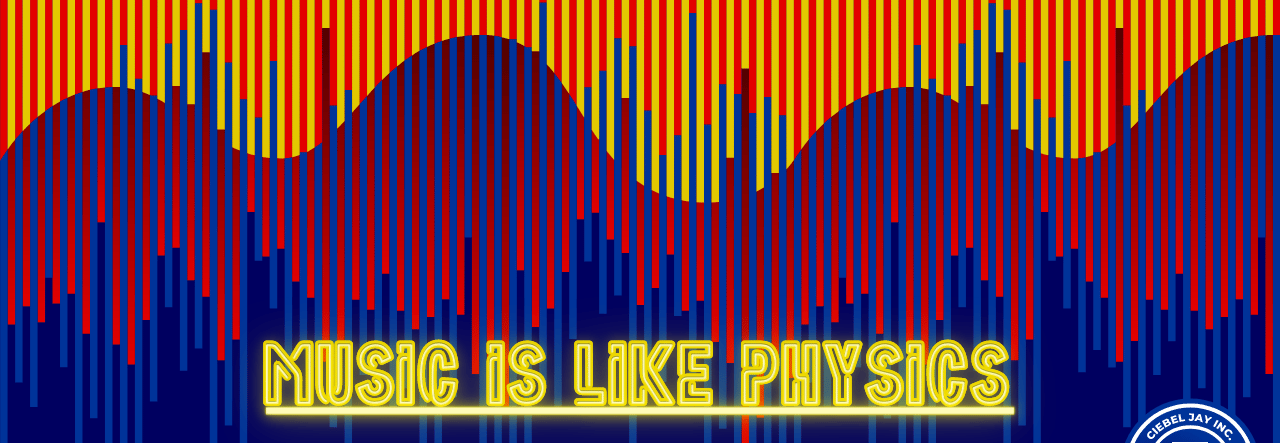Music is like Physics.
Insight: How music waves change impact based on composition
TIPS
Drew Sybil, Ejiro Ojirevwe
3/31/20233 min read


As we examine it, it changes. Music is also art, so it’s impressionable and influential. It flows like waves into people’s lives helping them with various needs including building community.
People used to share in music through an activity, or in general, they shared audio through told stories. The digital aspect of this was never the focus. For example, music players, CDs, dancing, concerts, theatre shows, movies, the cinema, car radio, speakers, etc. Yet still there was communication, a shared understanding, and an added experience. Think back to your favourite memory in the car listening to the radio. Even if you only listen to online radio now, or no longer prefer traditional radio, you might have a fond experience. That's the power of music.
Before streaming platforms these were the popular ways we engaged in music. And we participated in music through singing, dancing, and influencing the rhythm. When music became digital we started to interact with it through technological devices. The device itself determined what we could listen to.
As technology advanced and our economies industrialized, so did the industry surrounding music. Yet the device stayed universal and music streaming content became more successful. What is ultimately next for the music industry? Is it the technology, the listeners’ participation or the people who created it themselves changing the most?
The entertainment industry used to hide many production practices for movies, videos, music and design. Nowadays, there is a world of easily accessible information online where you can learn these methods at your own pace. On top of that, the barrier to entering the music market has decreased. There are endless tools, apps, and devices to enable an audio creator. Industry invested companies roll out new tools every day.
Before podcasts there was radio, before social media there were newspapers, and before streaming services there were radio, vinyl, and CD records. When enough CD copies or sheets of music were sold, a person or company was awarded for that achievement. Nowadays, stream counts are added to total sales.
But when streaming became popular, artists like Nicki Minaj, Taylor Swift, Metallica, Madonna, Pharrell Williams, Prince, and Roger Waters, fought for streaming and piracy rights. Furthermore, items like artist merch bundles were also added to music sales. All these help artist acclaim recognition for their efforts marketing their craft.
With the digital and now the social age, artists’ processes to create, spin, and publish a record have evolved. There’s more online content, more streaming, more web devices. But is there more fan involvement? Is listener participation more direct or more passive towards the artists? Does this somehow extend or hinder that relationship?
Some artists are even paid more as an influencer than they are as a musician. A bird’s eye view of the system can reveal many reasons why. I wonder if staying current on trends for content, publishing, and promotion helps artists or if it slows down their craft making. I wonder if we’re giving too much power away as artists to the other companies, instead of investing directly into our craft’s development.
If people are still willing to engage with music, yet streaming participation is decreasing in the most culturally diverse areas, what does that mean for the artist-fan relationship in the future? Can it all be defined on influence not incremental music success?
Is it still smart to market things one way? Or is it wiser to move astray from the curb, from the current and social stream of consciousness into a more effective way to market yourself, understanding that You are the artist, You are the brand.
People follow you to learn more about you, and what you’re doing. They wish to be informed. They wish to know you more. So what is the music? A tool of expression, a language, ultimately a dialogue between you and your consumer. Ultimately it can be a way for you to engage with your fans. In our society, we’re accustomed to consuming music.
